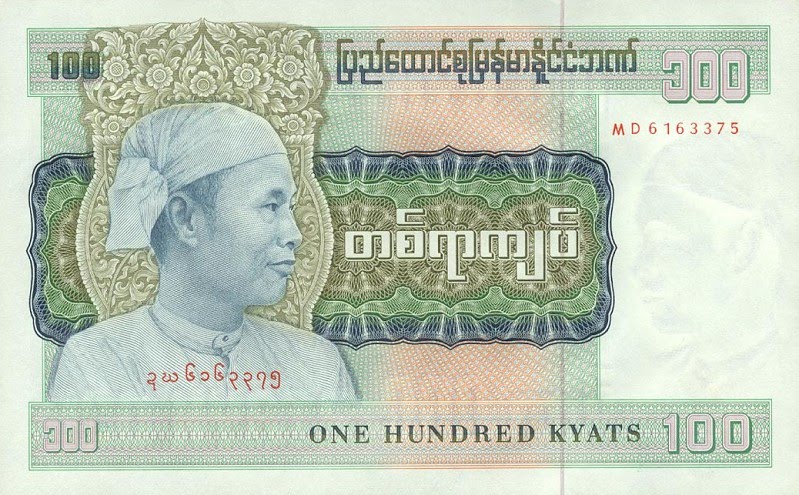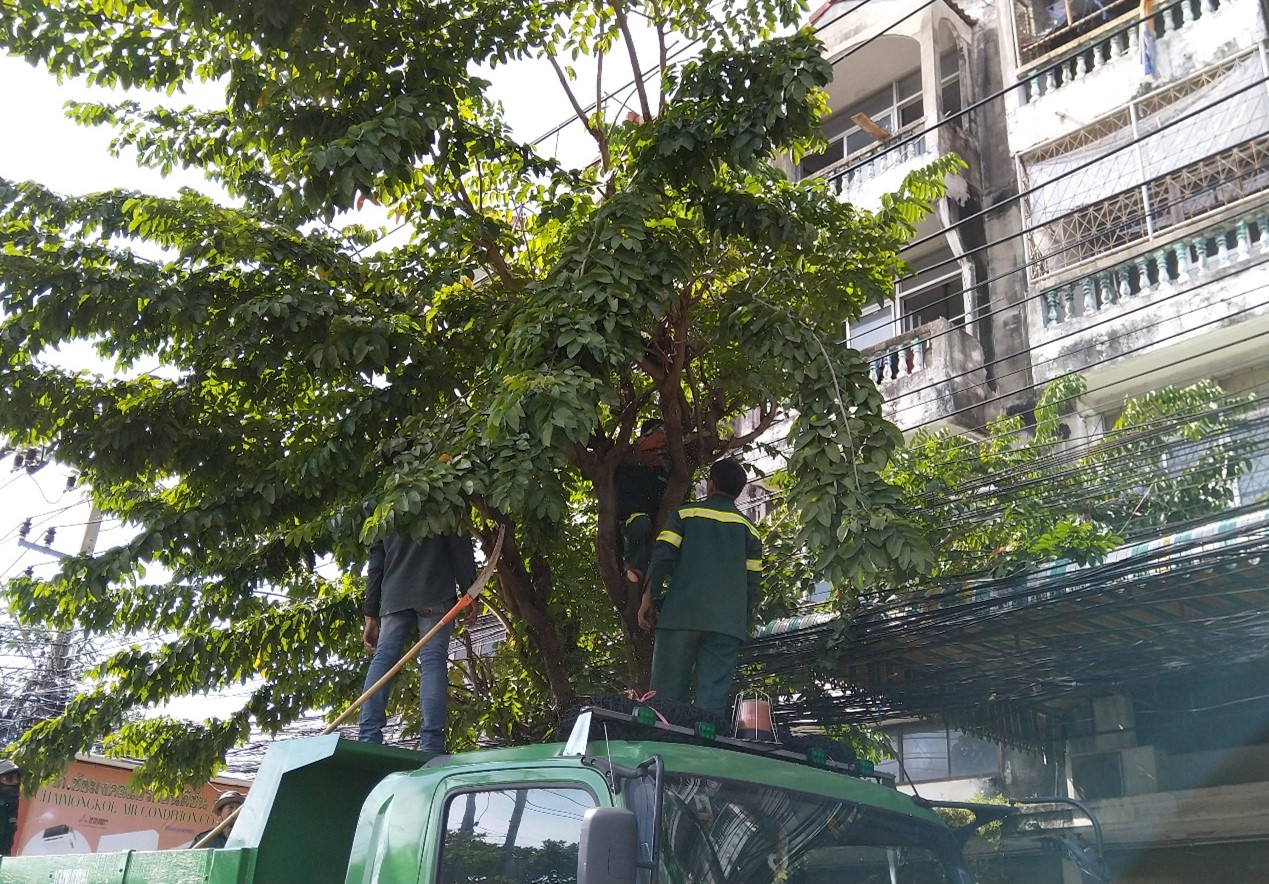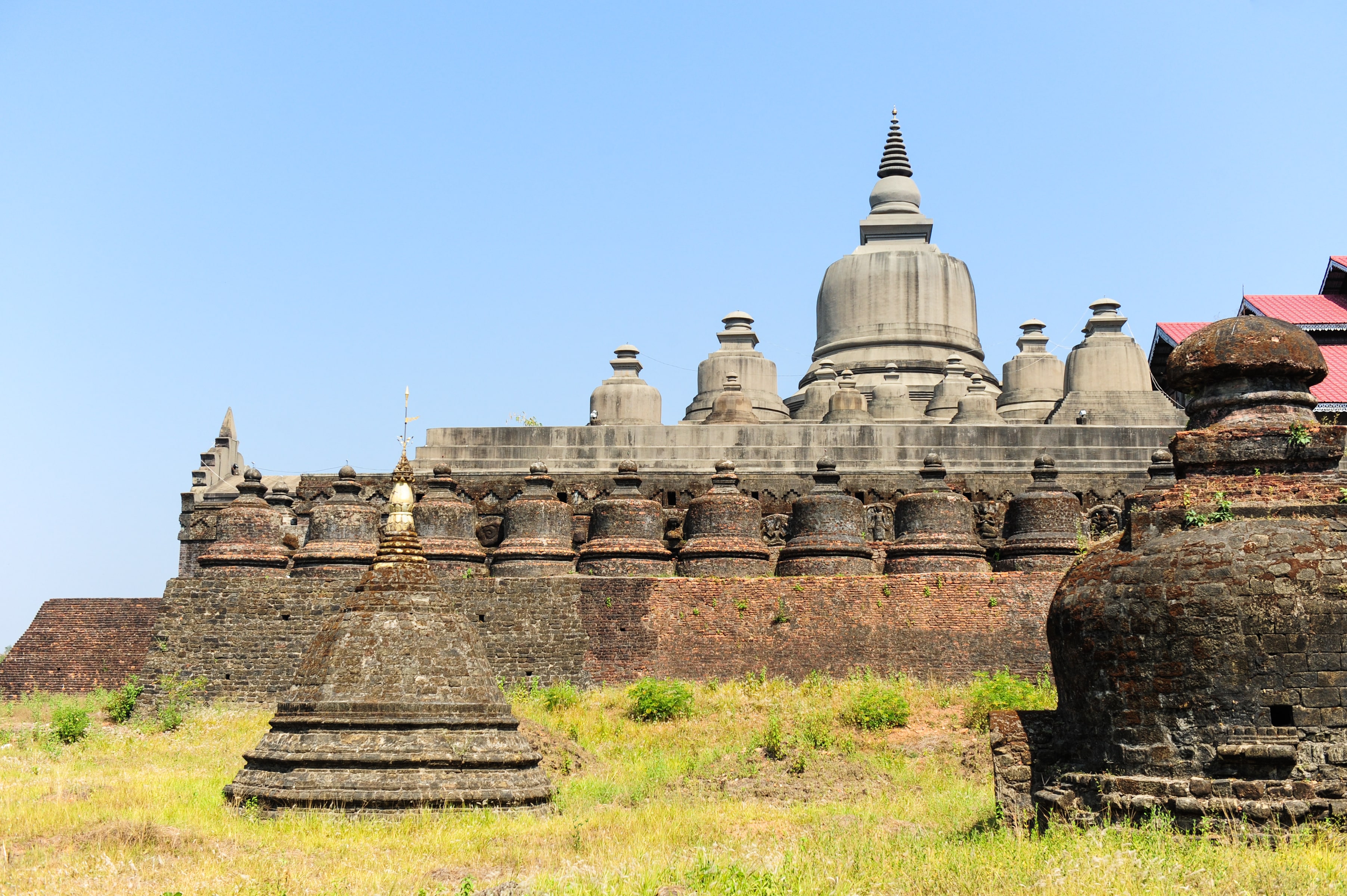Unlike some of its neighbours, Thailand has had a hard time scheduling an election. As its military regime is poised to surpass four years in power in May 2018 and last longer than all elected governments in the past, Thailand’s election road map has been postponed several times. A new date, set for February 2019, now appears problematic as enabling laws of the 2017 charter are being contested in the Constitutional Court on technical grounds. In short, the convoluted charade underpinning Thai politics suggests the ruling generals who staged the putsch in 2014, spearheaded by the retired army chief and incumbent Prime Minister Prayut Chan-o-cha, want to hang on as long as possible and to retain power after the election.
For the Prayut government and its junta backer, known as the National Council for Peace and Order, the pre-election game plan is clear:
It is not to have an election until a victory is assured.
This means manipulating the rules, securing favourable judges, keeping opponents down and fragmented, enticing the electorate with budget expenditures, suppressing dissent, and delaying the polls. Thus the military-appointed Constitution Drafting Committee has come up with a charter that will keep elected politicians and political parties weak, while preventing the emergence of large parties. For good measure, the 250-member senate will be appointed entirely under the junta’s purview, representing a military quota in parliament of one third, higher than Myanmar’s one quarter. And the constitution allows a non-MP to become prime minister if no clear candidate in the lower house emerges. This clause is publicly seen as designated for Gen Prayut himself.
Moreover, the main independent agencies from the Election Commission and the National Anti-Corruption Commission to the Constitutional Court are run by junta loyalists. The two main electoral contenders, namely Pheu Thai and Democrat Party, are kept weak. Pheu Thai has been dissolved twice in its previous incarnations, and its current line-up is embroiled in legal entanglements that could lead to another party dismantlement. Having been overthrown twice by military coups, its leaders Thaksin Shinawatra and his sister Yingluck live in self-imposed exiles while facing criminal sentences in Thailand. Internally split, the Democrat Party has pitted party leader Abhisit Vejjajiva, who is adamantly against an ‘outsider’, non-MP prime minister, whereas former party secretary-general Suthep Thaugsuban, who led the street protests in 2013–14 that paved the way for the coup, is a staunch Prayut supporter.
To gain electoral support, the Prayut government last January came up with a 150 billion baht ‘mid-year’ additional budget, aimed for ‘farm sector reforms’ ahead of the 2019 fiscal year budget, estimated to be more than 3 trillion baht and to begin in October this year. With such budget outlays in store, the election would make sense for the military regime only in the first quarter of next year or thereafter. As popular disenchantment grows in view of increasing government corruption, particularly a slew of dubious expensive watches worn by Deputy Prime Minister and Defence Minister Prawit Wongsuwan, the ruling generals have maintained a ban on public assembly and activities by political parties. A gathering of five or more people is still technically illegal and liable for arrest.
At the same time, Gen. Prayut still holds absolute power under Article 44 of the interim constitution, which is somehow allowed by the new charter. Article 44 is effectively ruled by decree without checks and accountability. Until favourable conditions ensure post-election power, delaying tactics can buy time. The enabling laws to organise the election, for example, are collectively determined by the Constitution Drafting Committee and the National Legislative Assembly. Both, along with the cabinet, are junta appointed. If the junta wants an election sooner rather than later, these bodies surely can be expeditious.
Manipulating the electoral landscape is necessary but not sufficient.
Manipulating the electoral landscape is necessary but not sufficient. The military government must also get down and dirty by dealing directly with political strongholds of patronage factions and networks. In recent months, Gen. Prayut has met with former elected politicians in Sukhothai, Chonburi, Supanburi, and Nakorn Pathom provinces, among other enclaves where provincial bosses reign because the Thai state and bureaucrats are too inadequate and inept to address popular grievances. While reaching out to these political networks, Gen. Prayut has categorically not ruled out another premiership after the election.
Despite new media and communication technologies, local bosses appear on top, still calling the shots at the end of the day. When the election takes place, it looks to be like the old days. Local villages will be canvassed and mobilised to vote for candidates peddled by vote traders. Money is likely to be spent to buy votes. Those with larger financial war chests are likely to win, and find their way to parliamentary committees and lucrative ministries and departments in Bangkok to recoup their electoral investments. In due time, their corruption and graft will lead to crisis and more coups. It is a familiar vicious cycle.
Only at a few junctures in contemporary Thai history that opportunities arose to break out of this cycle.
In the mid-1970s, new political parties emerged along ideological lines consistent with the Cold War at that time. The most salient was a banner called ‘Palang Mai’, or ‘New Force’ party. It stood for egalitarianism and a welfare state, advocating a social democracy of sorts. But it got conflated with the communist camp and lumped together with leftists who were crushed by October 1976.
Another breath of fresh air in Thai politics was the Palang Dharma party in the 1980s, headed by one-time Bangkok governor Chamlong Srimuang. Palang Dharma (Force of Buddhist Dharma) was a Bangkok-based party with progressive ideas. It was for clean government, good governance and environmental preservation against old-style money politics. Its core was a Buddhist religious movement known as ‘Santi Asoke’, which provided the front-line foot soldiers for the party. Palang Dharma was the nearest to what would be a ‘Green’ party in Thailand, its economic growth philosophy broadly consistent with the ‘sufficiency economy’. At its height, Palang Dharma won 32 and 23 of 35 Bangkok MP seats in the March and September 1992 elections. But by the mid-1990s, the party fizzled. Its agenda was strong and appealing to progressives but it never built party affiliation in the provincial regions. And it was too connected to the Chamlong Srimuang brand, unable and unwilling to groom new names and party structures.
The next major party breakthrough was Thaksin Shinawatra’s phenomenal Thai Rak Thai. Its name and his name are now seen as and feel divisive and polarising but when they were wildly popular when they rose up from the rubble of the 1997–98 economic crisis. Thai Rak Thai cobbled together old leftist intellectuals, provincial barons, sections of civil society, new capitalist groups, bureaucrats, with police and military to take over the party system. Its focus on rural constituencies and policy innovations on healthcare and microcredit, among other ideas, won a huge and sustained following. The party won 28 and 32 of 37 Bangkok MP seats in the 2001 and 2005 elections, not to mention huge numbers in all provincial regions save the south. But then Thai Rak Thai kind of crashed and burned because of abuses of power, conflicts of interest, and a political money machine that spun out of control. Too much electoral power became a monopoly of power. This ultimately led to a long political crisis and turmoil that has lasted to this day, as those who lost to Thai Rak Thai have not been able to win the people’s vote and had to resort to two military coups and judicial manoeuvres to take power.
Too much electoral power became a monopoly of power.
Now a new party called ‘Anakot Mai’, or ‘Future Forward’, has come out to rally. Unlike the established names, Anakot Mai states outright that it rejects an appointed non-MP as prime minister. Headed by Thanathorn Jeungrungruangkit, a scion of a well-known business group, and Piyabutr Saengkanokkul, a Thammasat University law lecturer, this party has become a lightning rod for conservative groups because of its policy ideas, such as a capital gains tax, abolishment of military conscription, and undoing and redoing many of the laws and policy results of the current military government, including a revamp of the 2017 constitution. Another new banner is the ‘Grin Party’, or ‘Firebrands’. It wants to play the role of spoiler for conservative forces, an electoral jester, not aiming to win MP seats but moving around to make a point about change and progress. It, too, wants to do away with the draft and opposes an outsider prime minister.
While these two parties have a limited following in urban areas, mostly Bangkok, they should be encouraged. And more parties like them with concrete policy ideas that address issues that matter to the public should be enticed to come out. It is doubtful that they will do well in numbers at the poll but the new constitutional rules on mixed-member apportionment may well yield a handful of MPs to them to make their point and have limited influence over policymaking. Yet it is plausible that the new social media technologies — reinforced by 7.5 million young first-time voters based on the July 2011 turnout (or 22%), the last time Thailand had an election — can qualitatively change the Thai electoral landscape. If the logic of crowd-funding, for example, can be harnessed and applied to political campaigning and vote-gathering, new parties with new ideas and fresh faces may well have a bigger chance than many think. Certainly, in the elections after the next poll, the patronage networks of the old electoral landscape cannot escape these technological changes. Technology is a mixed bag of blessing and curse but it generally bodes well for Thailand’s electoral politics in the longer term.
In the months ahead, the junta will likely co-opt and poach established politicians from other parties, including Pheu Thai and Democrat Party.
In addition, in a blatant conflict of interest, the government has hinted at forming a political party to back Gen. Prayut as post-election prime minister. If formed, this pro-Prayut party may put up his name as a contender for prime ministership at election time and thus avoid being accused as a leader from outside parliament. The prospect of a post-election government, led again by the junta and Gen. Prayut, does away with any pretence that this was a caretaker administration to land Thailand in a lasting democratic space. It would be more like an old-style power grab by all means necessary.
A history of coups, constitutions and corruption is a recurrent theme in Thai politics.
More Thai people are sick and tired of the military government than at any time since the coup, but not enough are willing to stand up and stare down the military regime for now. The junta was supposed to be in power to handle the royal succession but now it wants to remain in power for the foreseeable future. A history of coups, constitutions and corruption is a recurrent theme in Thai politics. This time, it looks no different. Gen. Prayut and his junta will want to get their way but along the way, they will face stiffer opposition amidst tension and confrontation. For it to regain and return to a more balanced electoral democracy, Thai politics may well have to get worse before it gets there.
* This post has been published as part of a series of papers that were presented at the LSE Southeast Asia Forum (SEAF) in May 2018. This annual event provides a unique opportunity to engage with Southeast Asia’s most critical issues, network with renowned experts and participate in high-level debate. For more information, please click here.
* The views expressed in the blog are those of the authors alone. They do not reflect the position of the Saw Swee Hock Southeast Asia Centre, nor that of the London School of Economics and Political Science.
* Banner image is from Patrik M. Loeff, Thailand





